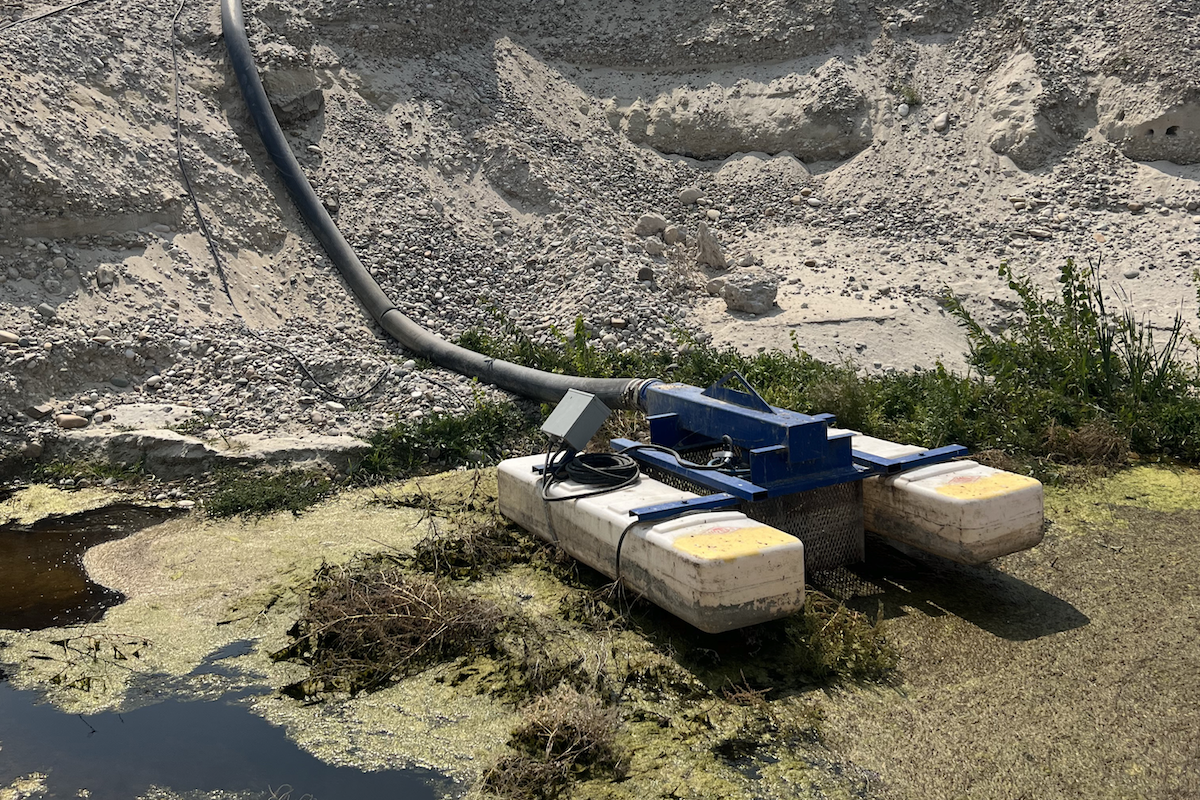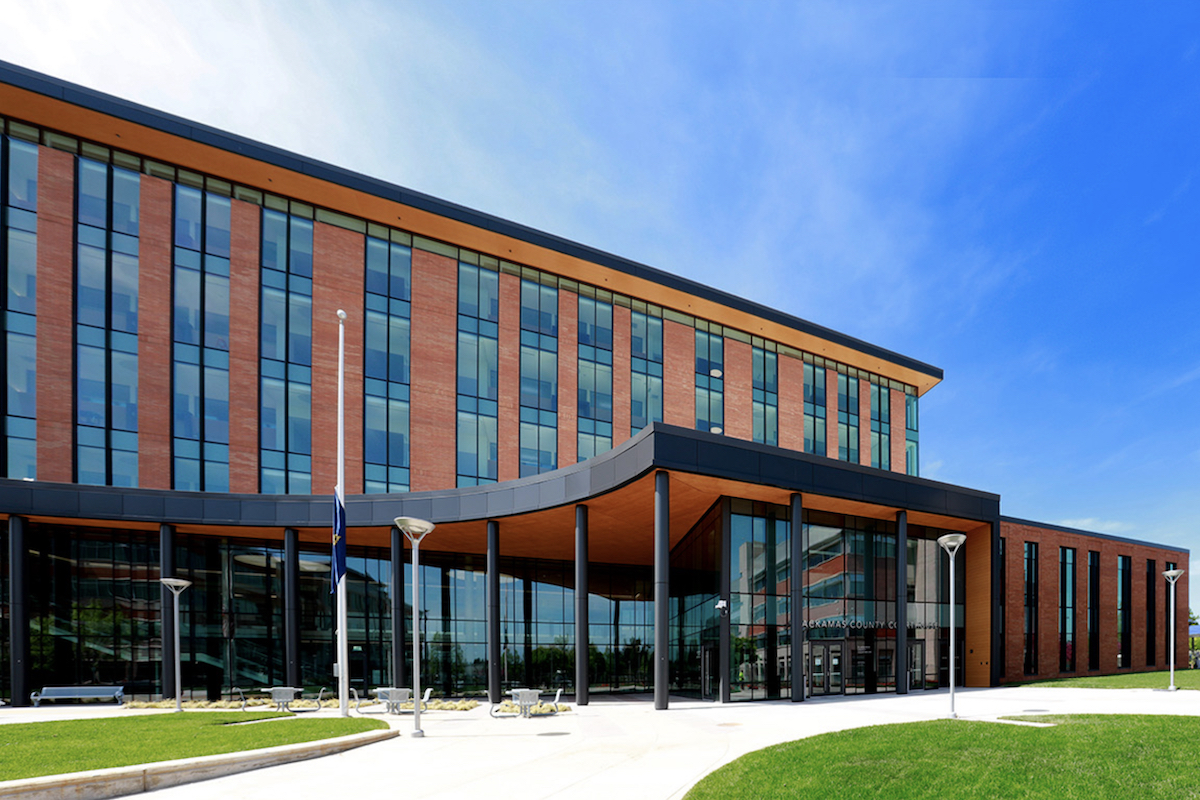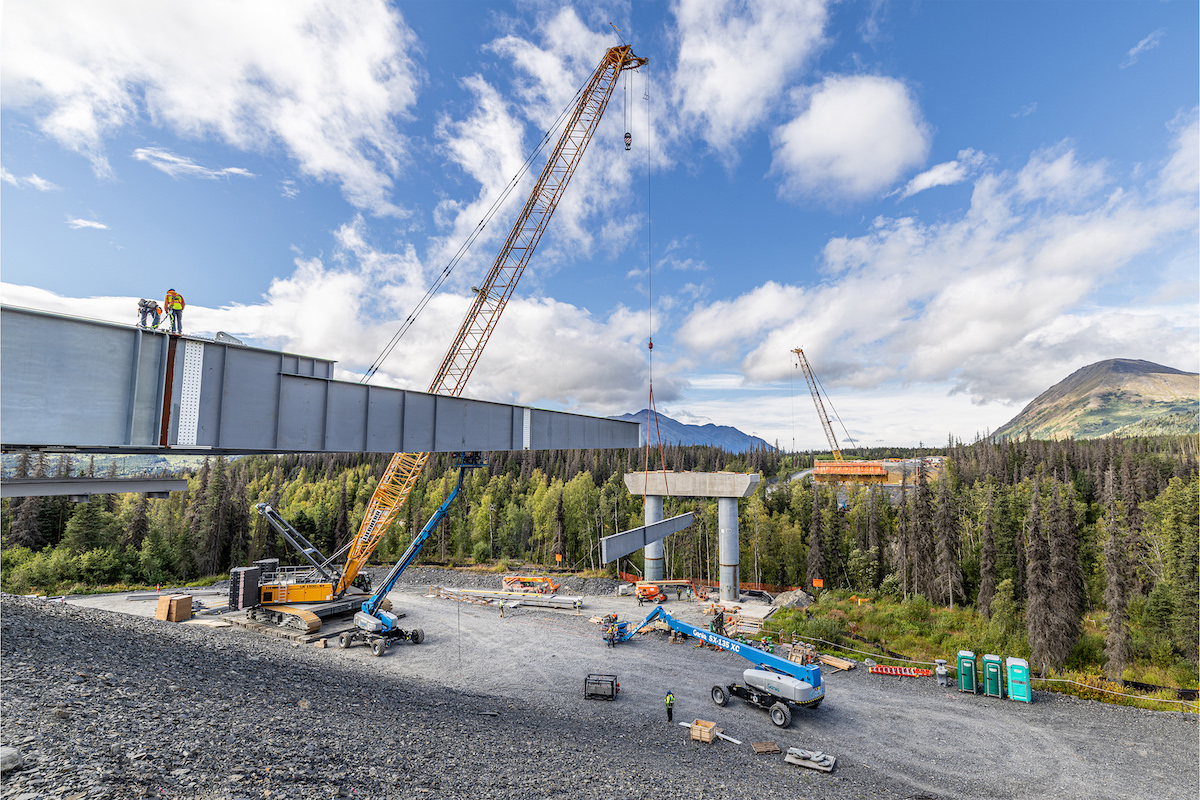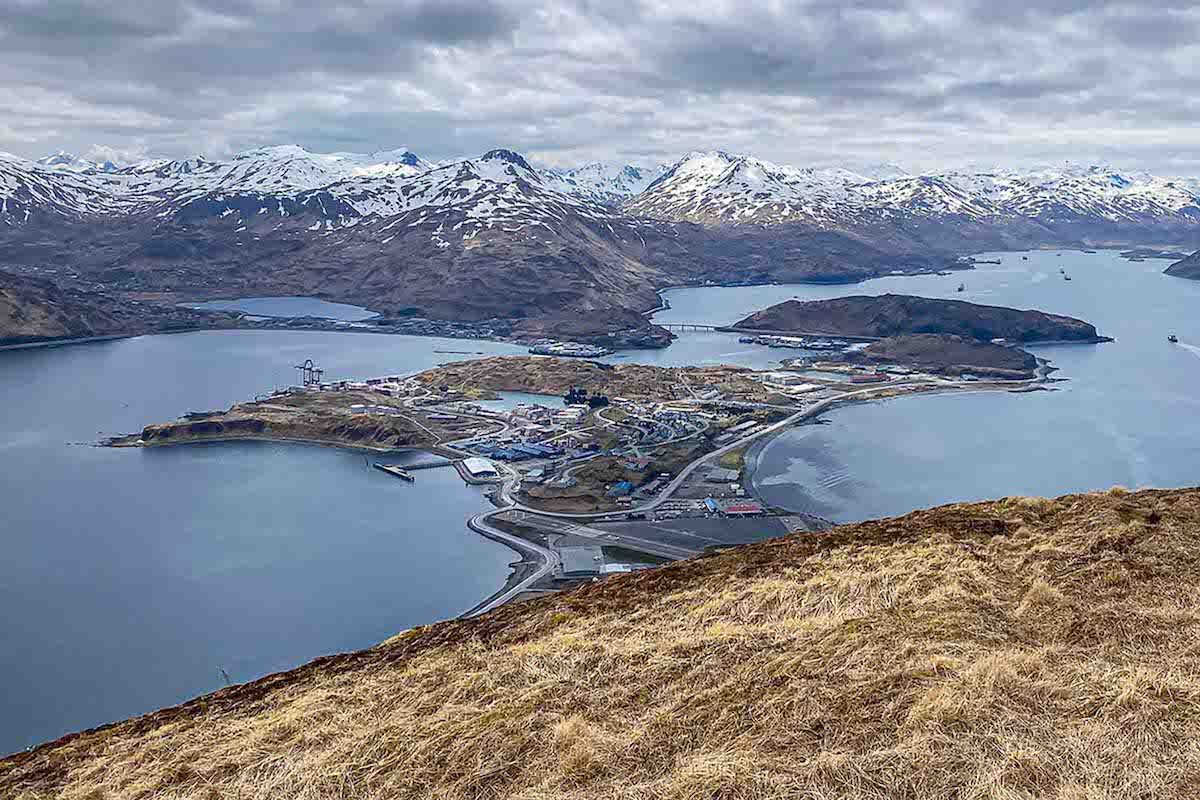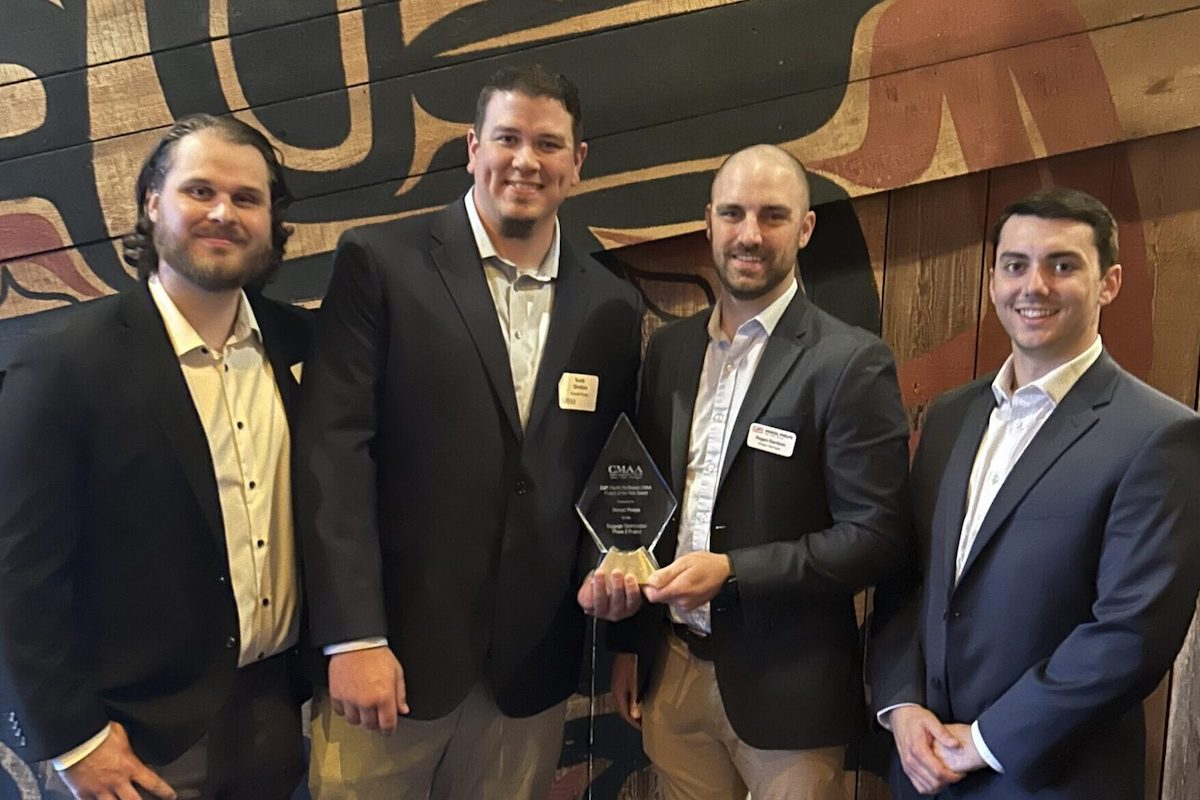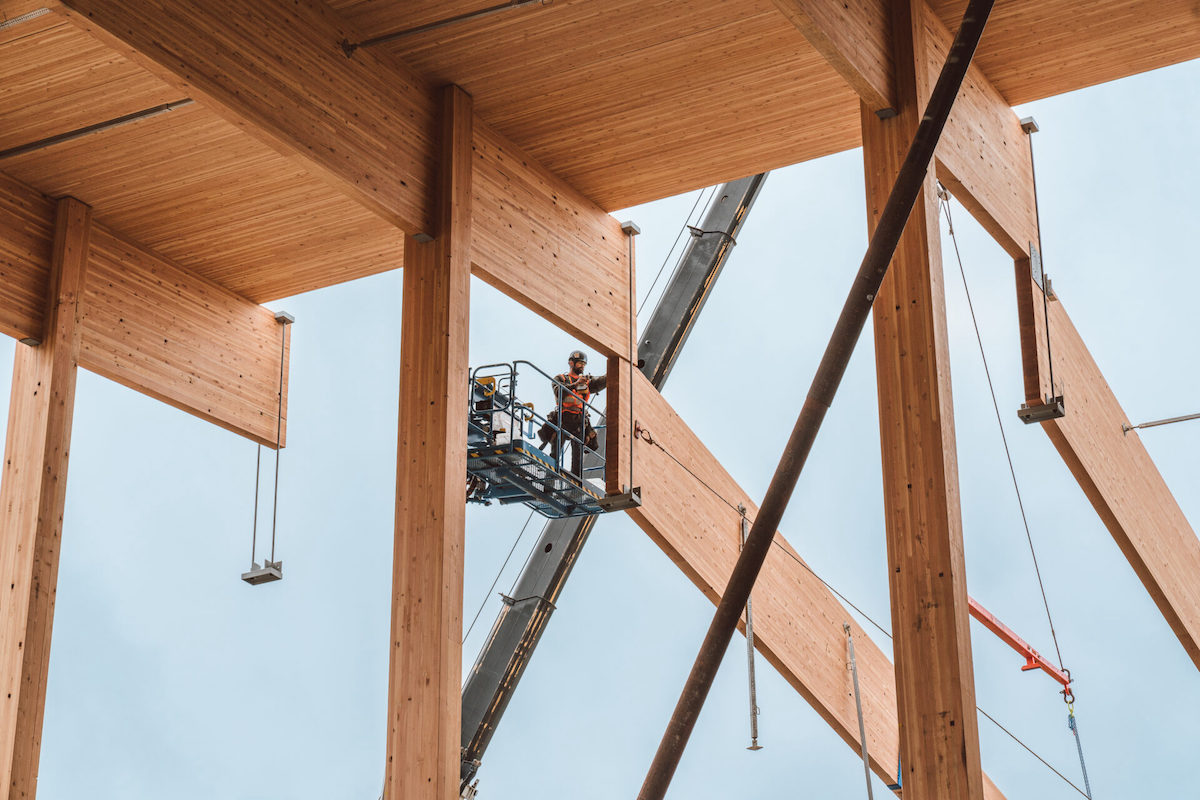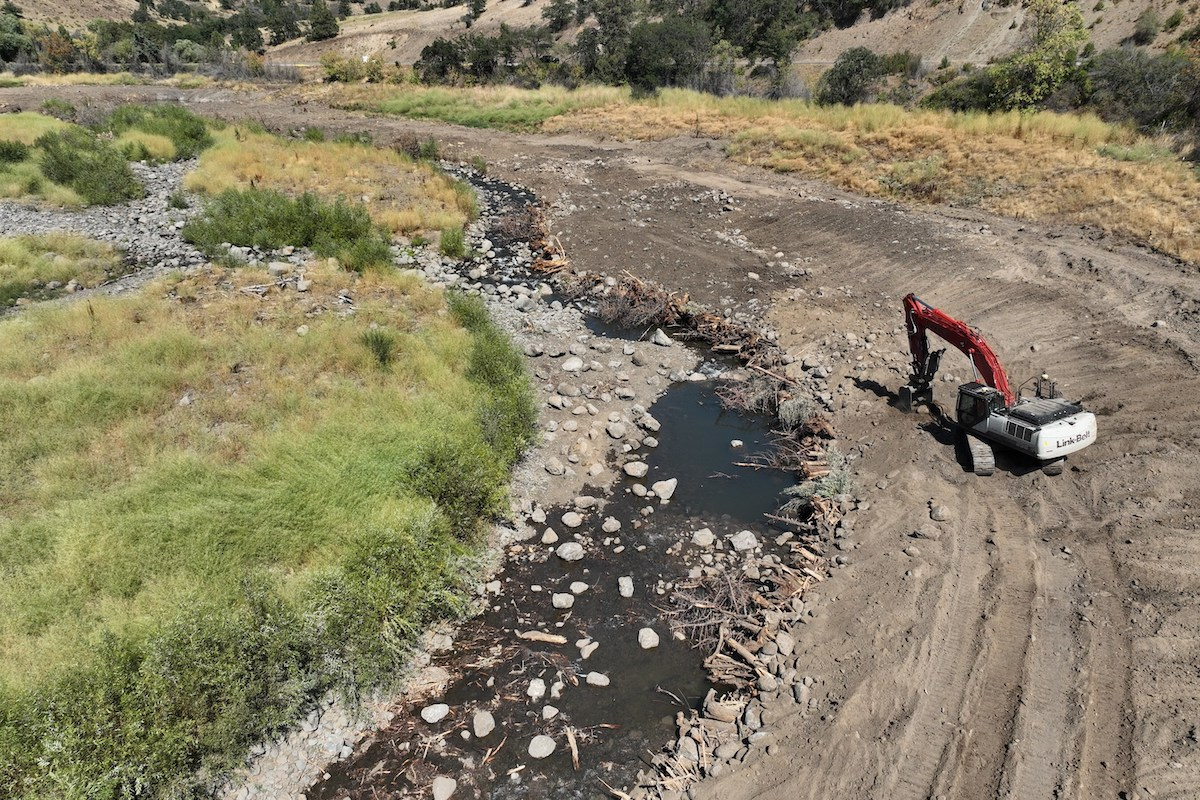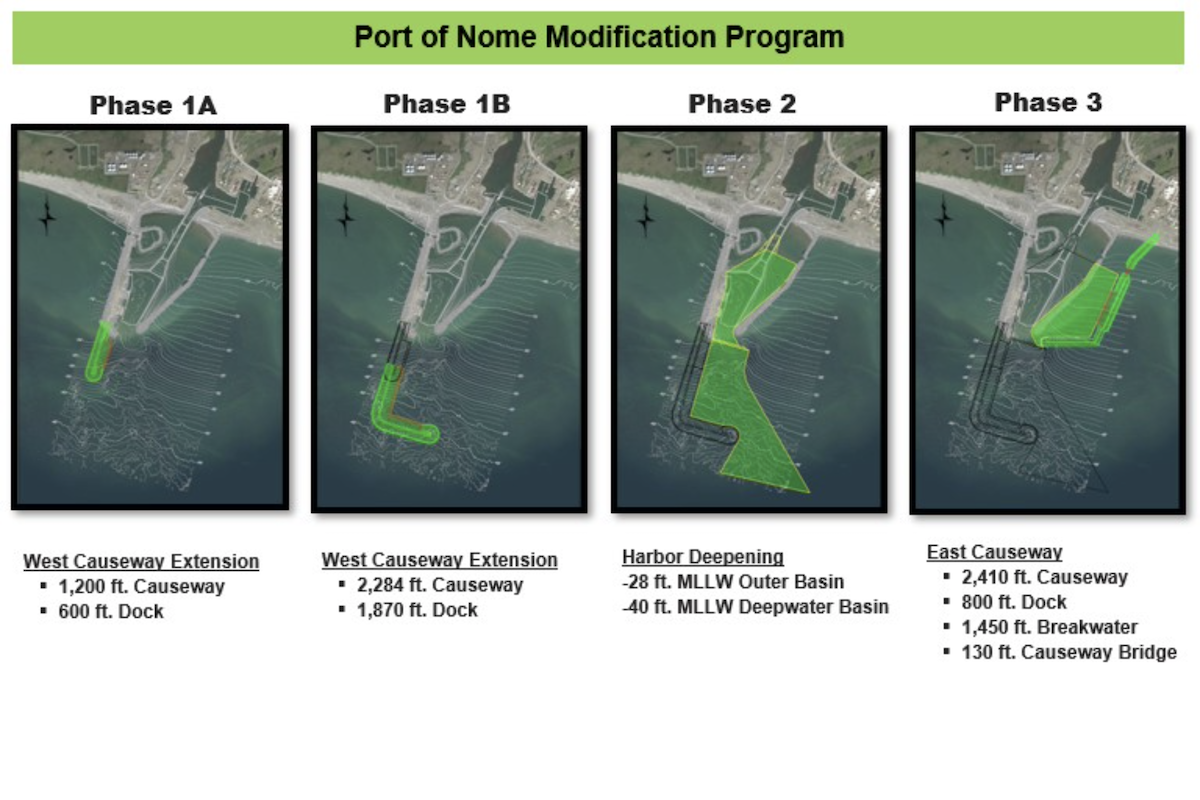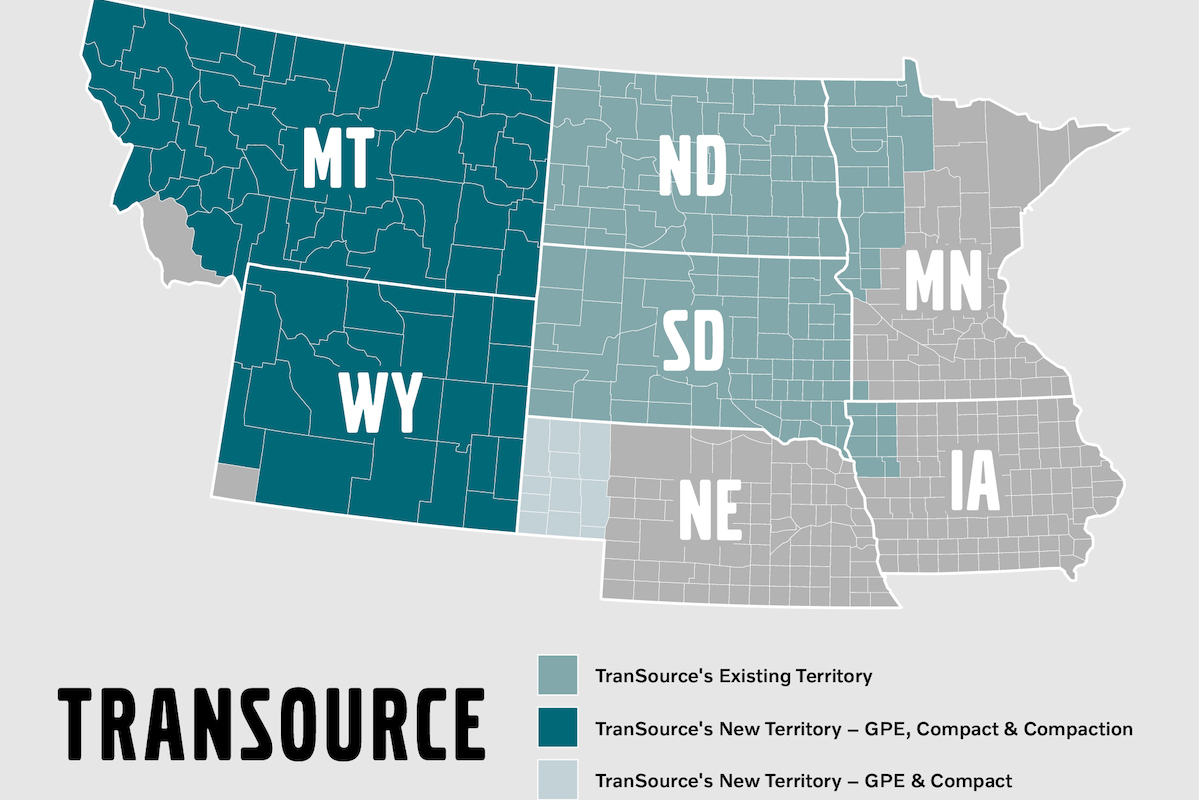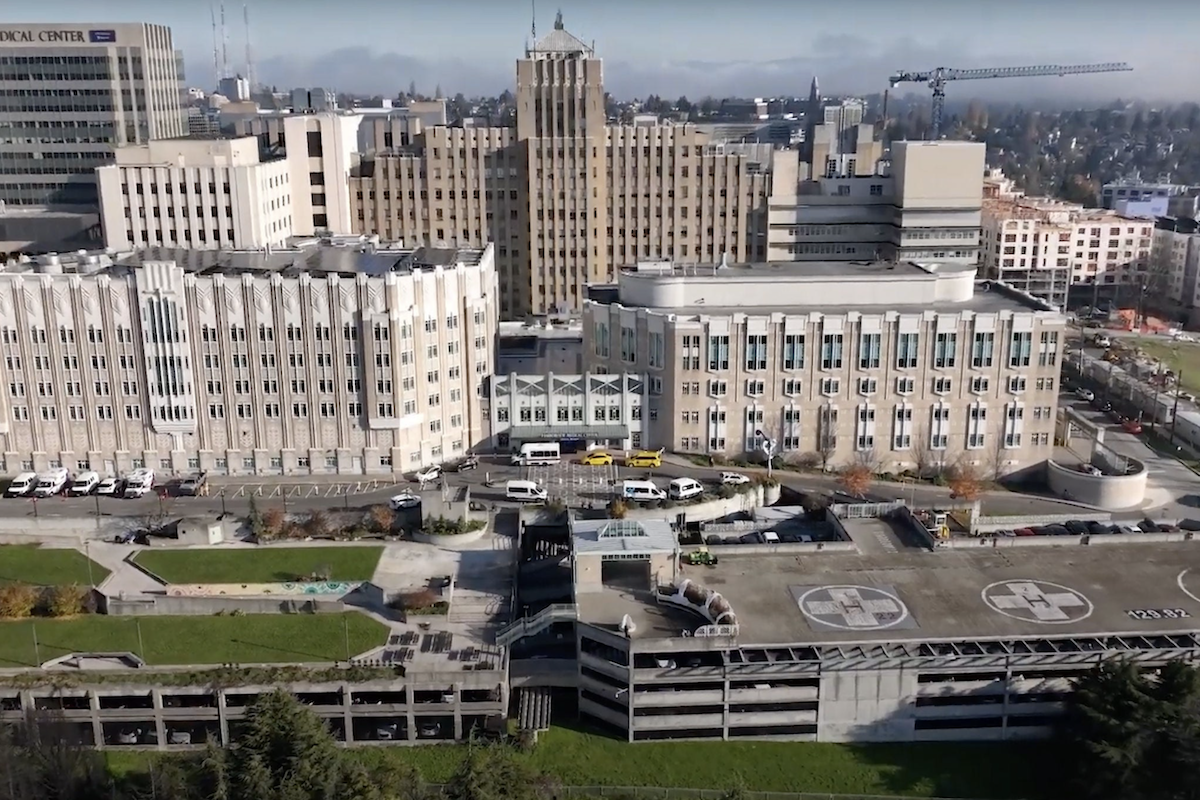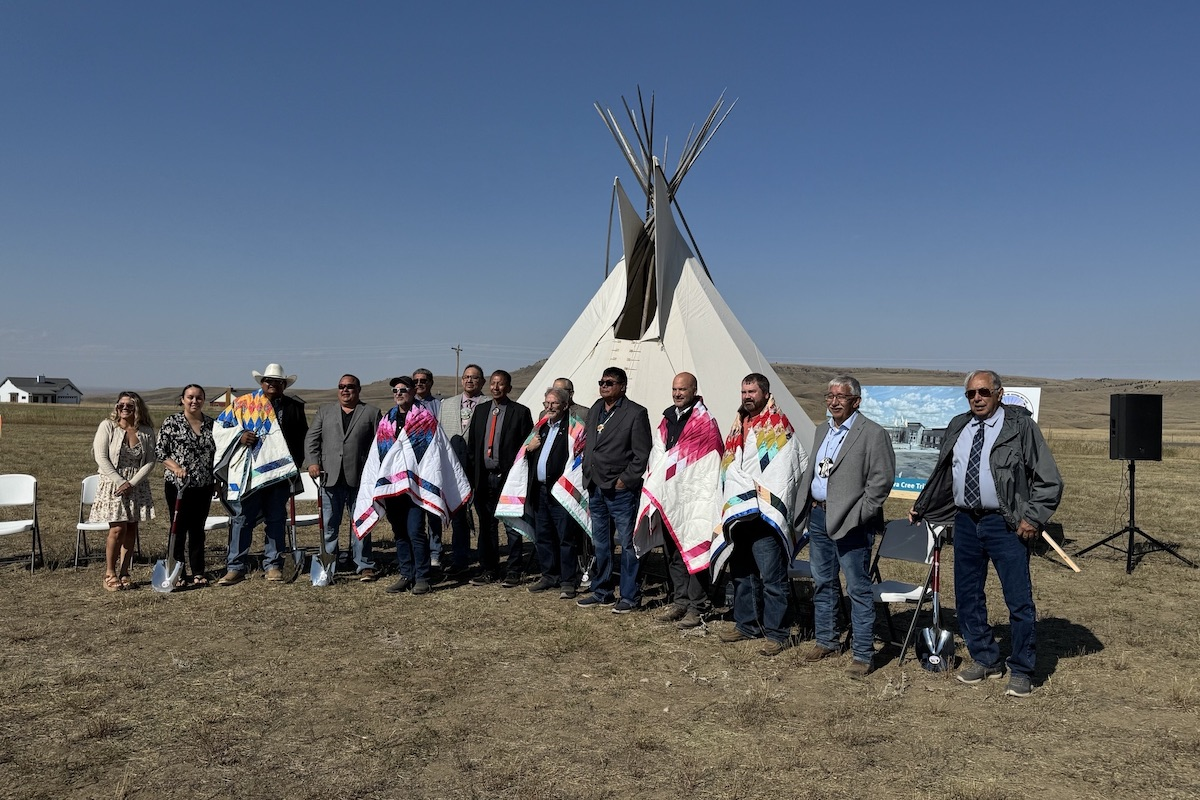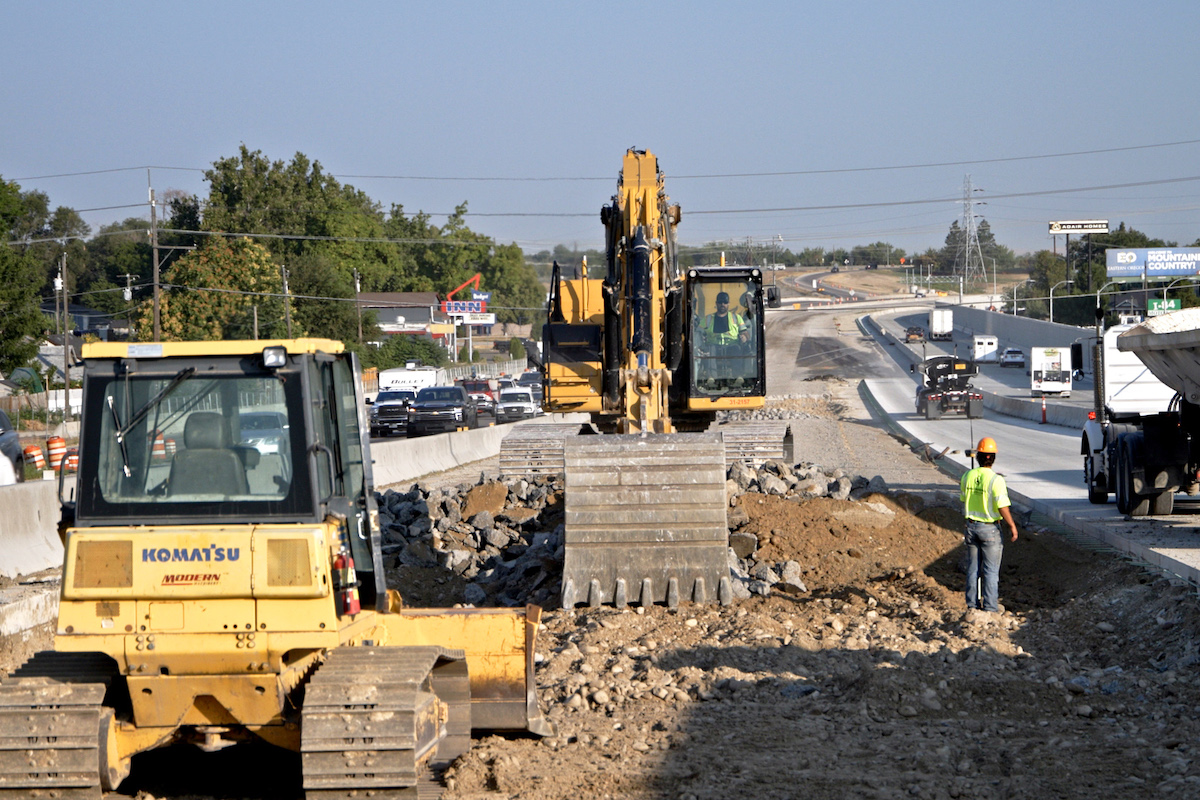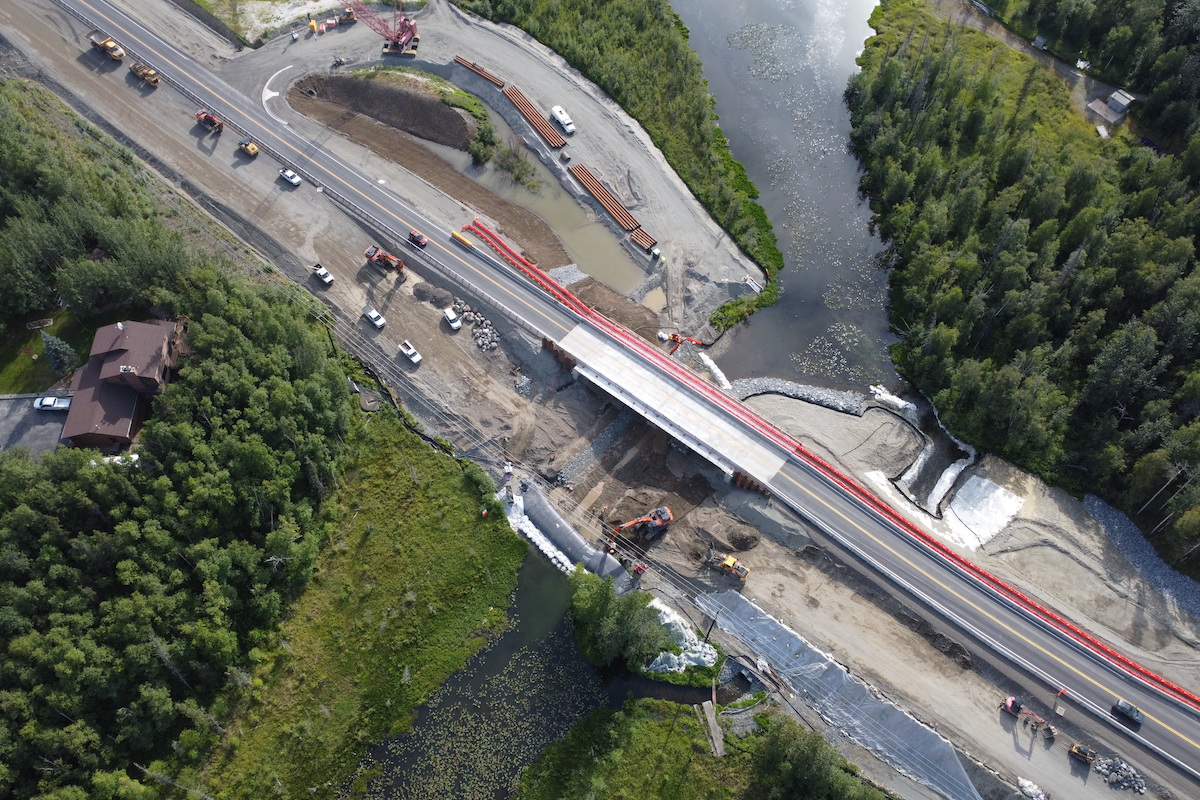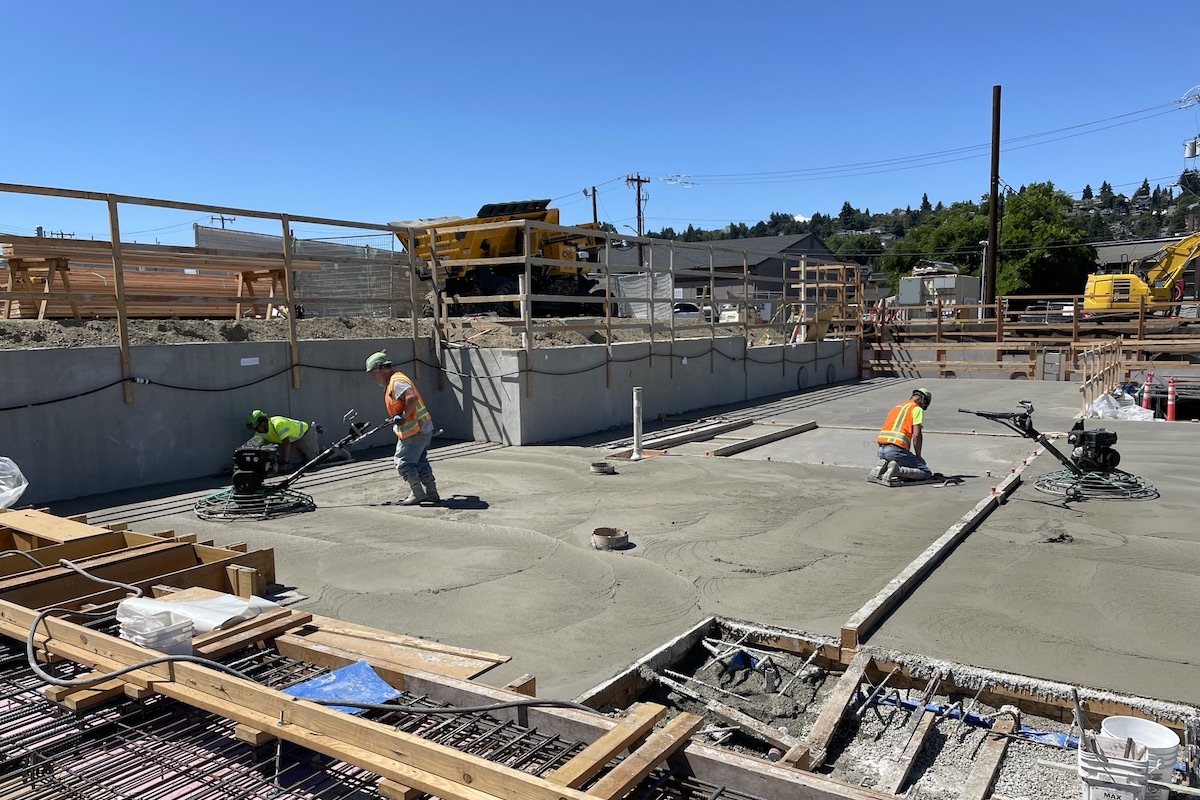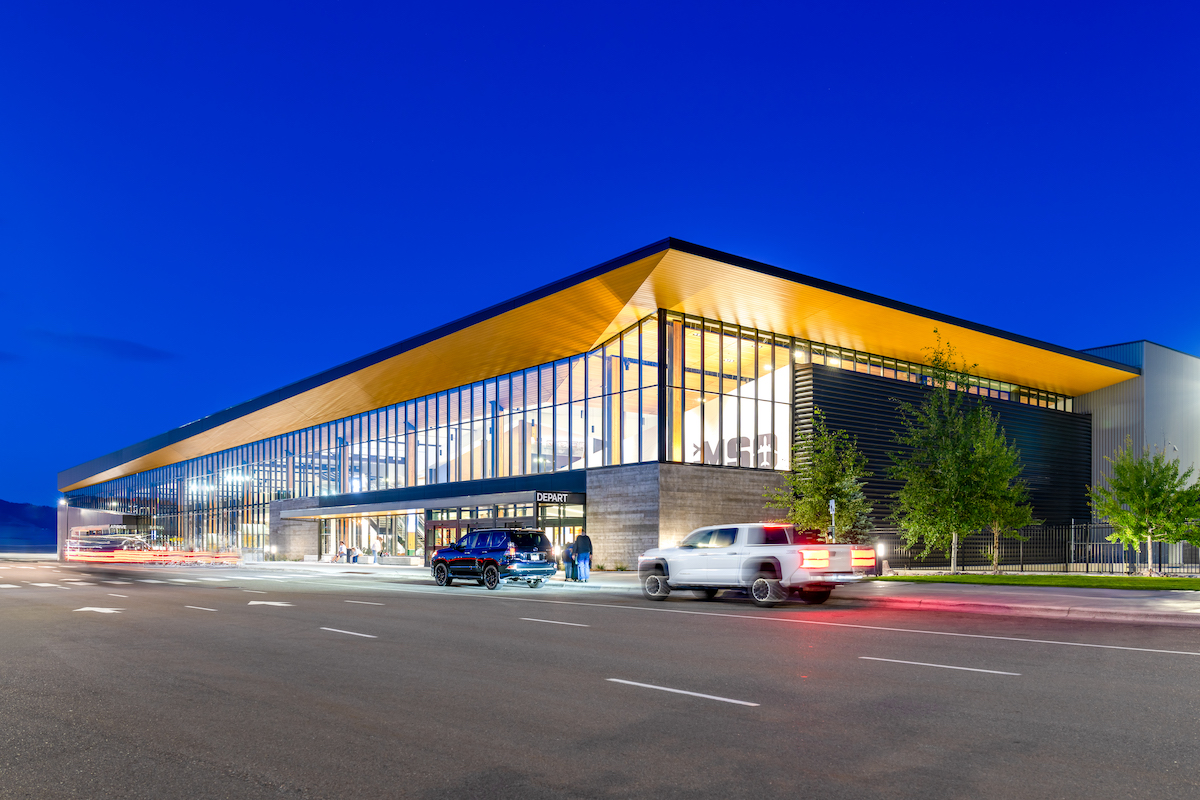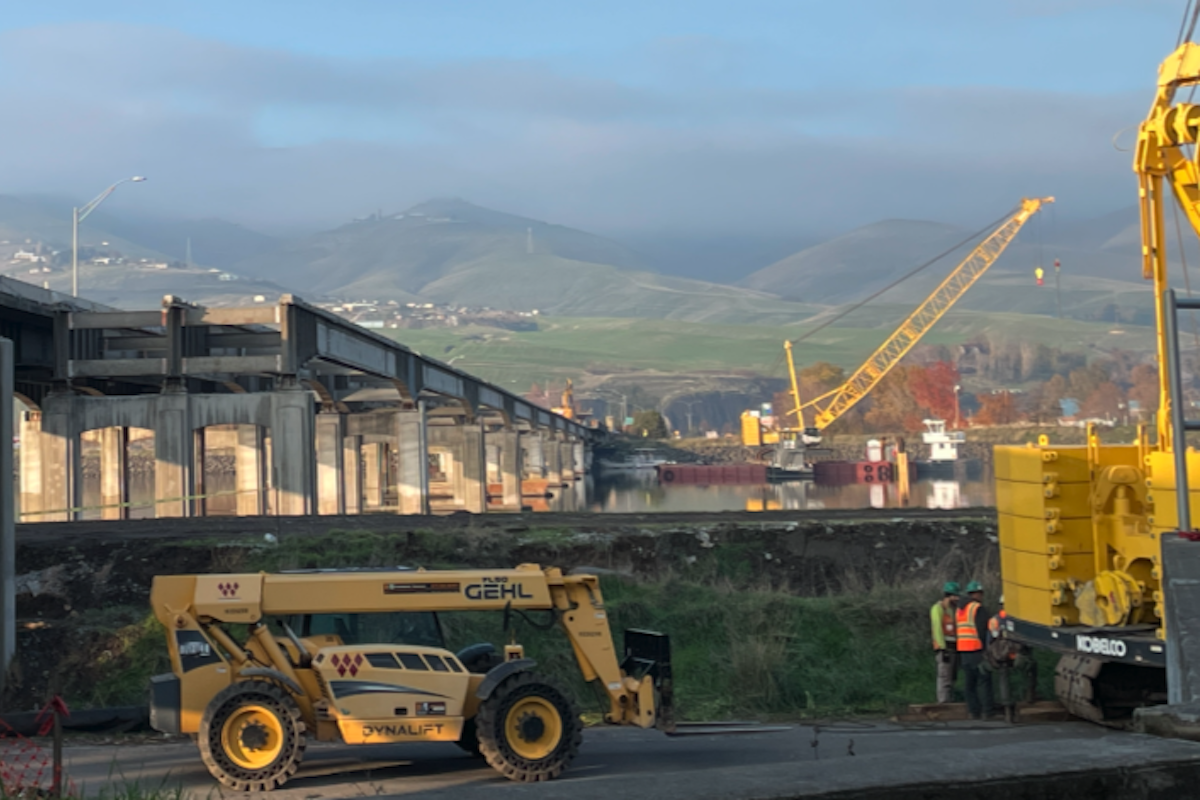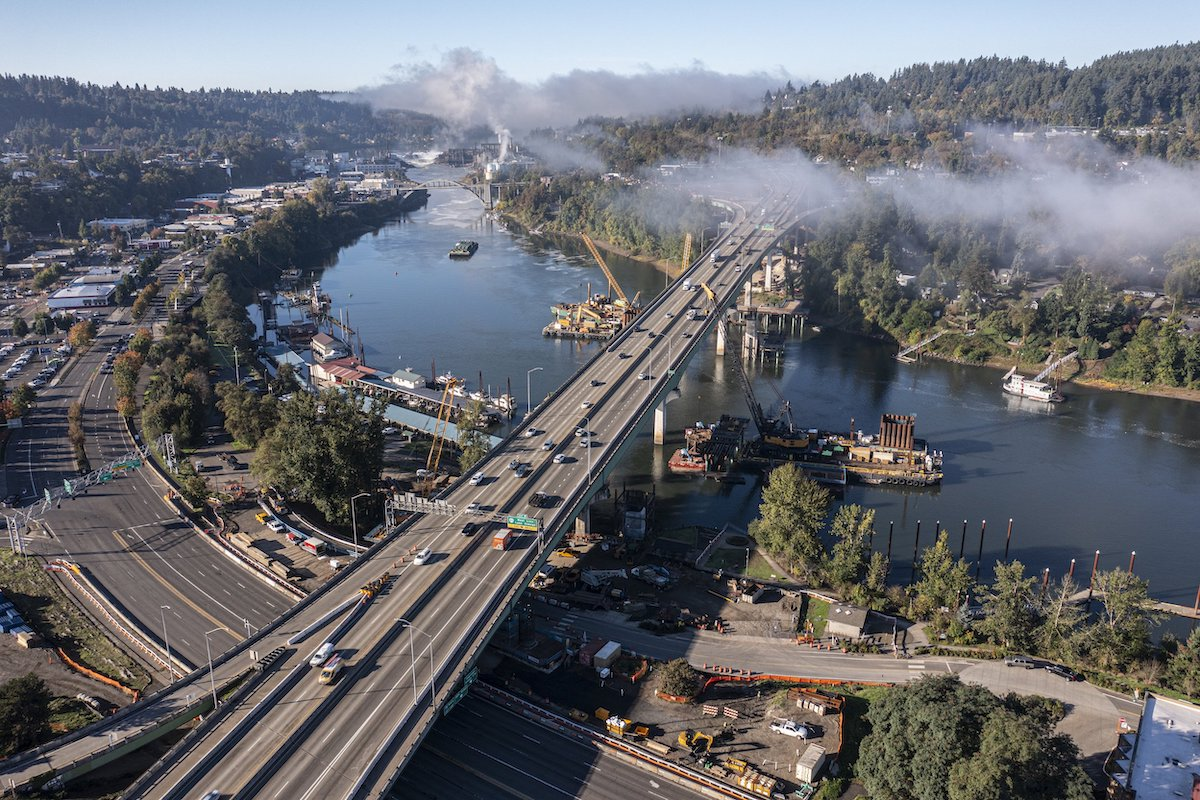The Louisiana section of I-10, which runs through St. Martin Parish, carries a large share of the heavy traffic and has experienced significant road wear and increased congestion. As Louisiana Department of Transportation and Development (LA DOTD) Project Engineer Christopher Chavez points out, “With its connection to Interstate 49 in Lafayette Parish, and a carrier to one of the world’s longest bridges – the Atchafalaya Basin Bridge in St. Martin Parish – Interstate 10 serves as a major corridor for various industries as it spans across the state, especially in Louisiana’s Acadiana region.
With traffic averaging more than 70,324 vehicles per day as of 2021, this section of the I-10 corridor serves as a direct connection to Interstate 49. It is also a vital corridor to tourism and hospitality related industries in the Acadiana region.
“The expected traffic count for 2041 is 104,498. So, with increasing traffic and rapid development along the I-10 corridor in Acadiana, it was inevitable that – like the area around it – the infrastructure too needed to expand.”
The much-needed expansion and rehabilitation of this busy I-10 segment is now a reality, with the completion of a LA DOTD widening project from LA 328 to LA 347. The approximately $88.9 million project was the last of three phases of a larger undertaking to widen the highway and provide new pavement along approximately 15 miles of I-10 between I-49 and the Atchafalaya Basin Bridge.

| Your local Somero dealer |
|---|
| American Construction Supply |
“The scope of Phase 3 included pavement rehabilitation and widening of I-10 within the existing right-of-way from the LA 328 interchange (Breaux Bridge Exit) continuing eastward to the LA 347 interchange (Henderson Cecilia Exit) in St. Martin Parish, approximately 5.37 miles,” says Chavez.
“The purpose of the overall project was to improve traffic flow and alleviate congestion by increasing capacity via additional through-traffic lanes. Interstate 10 now has six lanes of through-traffic, three lanes in each direction. In the third phase, between the interchanges at LA 328 and LA 347, the travel lanes and shoulders are now 12 feet, with a 16-foot inside shoulder.”
Phase 3 also included bridge removal and new bridge construction, Chavez adds. “The original plan for this project was to widen the I-10 overpasses over an abandoned railroad line and Melvin Dupuis Road. However, during the preliminary design process, significant cost savings were identified by removing the two existing I-10 overpass bridges and constructing the mainline I-10 on ground level and by redesigning Melvin Dupuis Road as an overpass bridge over I-10.”
Chavez says that among the expected benefits of the rehabilitation and widening are:
- Increased capacity of the existing roadway and reduced traffic congestion
- Improved rideability and enhanced driver safety – due to new pavement, updated barrier rails, bridge deck friction improvements, new interstate signs, etc.
- Enhanced utilization of existing infrastructure to mitigate traffic impacts and congestion
Gilchrist Construction is the primary contractor for the Phase 3 project, which was jointly funded by the Federal Highway Administration and LA DOTD. The project plans were produced by LA DOTD and Sigma Consulting Group, and G.E.C. Inc. assisted LA DOTD with the inspection of the project.
Additional components of Phase 3 included full-depth replacement of the pavement within the existing lanes, and widening of the pavement surface in each direction within the existing median, with concrete median protection. The 2-foot-deep existing pavement was completely removed and repaved.
Pavement striping, raised markers, and rumble strips were also installed. A 42-inch-tall concrete median barrier was installed in portions of the project corridor. And as part of this project, LA DOTD constructed an overpass for Melvin Dupuis Road over the interstate.
“In the second phase, after the middle section pavement was completed, westbound traffic was shifted to the one side of the new middle section, in order for the westbound I-10 Melvin Dupuis Bridge to be removed and the new westbound outside lanes and shoulder to be constructed.
“After removal of the westbound I-10 Melvin Dupuis Bridge was complete and a portion of the westbound outside travel lane and shoulder were completed, traffic was shifted to these new lanes.
The eastbound was shifted to the middle section, in order for the I-10 eastbound Melvin Dupuis Bridge to be removed. After the eastbound bridge was removed major construction began on the new Melvin Dupuis overpass bridge. After all of the new westbound outside travel lanes and shoulder were complete, the eastbound outside travel lanes and shoulder were constructed.
“In Phase 3, the new Melvin Dupuis Overpass bridge construction began on both sides at the same time and met in the middle. Traffic was shifted to alternate lanes to complete the portion of the bridge over I-10 eastbound and westbound lanes.
“In the last (fourth) phase, the last lift of open grade friction course asphalt was paved on the whole project. Then permanent signs and pavement markings were installed on the whole project.”
“The contractor furnished portable, changeable message signs for the duration of the project. The signs were placed along I-10 in advance of the work zones. There are also four known locations of fixed dynamic message signs (DMS) that were utilized to relay any additional information.
“The Statewide Traffic Management Center (TMC) located in Baton Rouge was vital to the public outreach through this area. The TMC was made aware of anticipated lane closures and detours by the area engineer, project engineer, and PIO. The TMC posted those messages on the necessary message signs and worked jointly with the State Police or other responsible emergency agencies.”





















